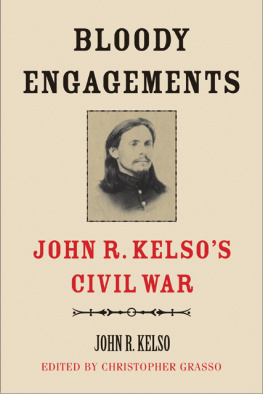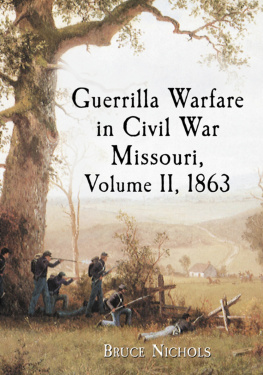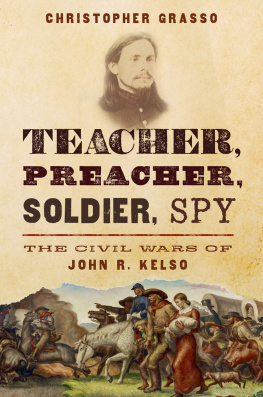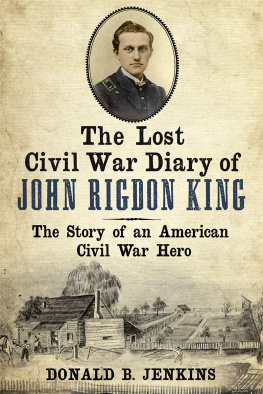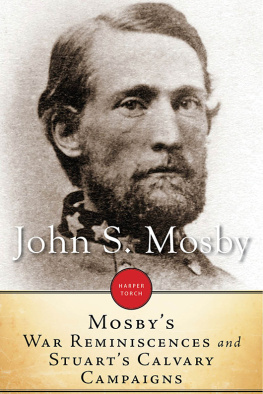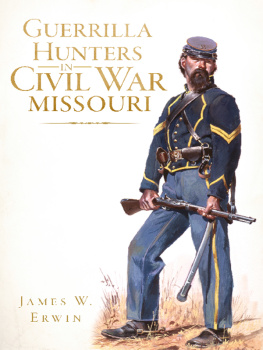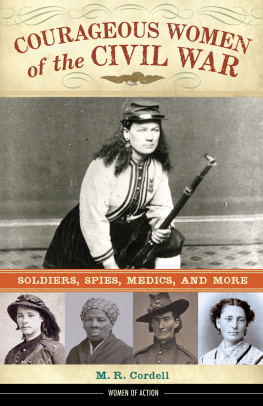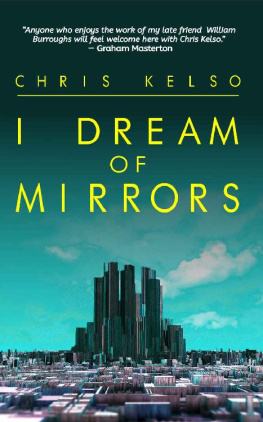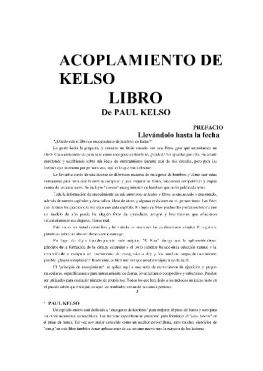Bloody Engagements

Copyright 2017 by Christopher Grasso.
All rights reserved.
This book may not be reproduced, in whole or in part, including illustrations, in any form (beyond that copying permitted by Sections 107 and 108 of the U.S. Copyright Law and except by reviewers for the public press), without written permission from the publishers.
Yale University Press books may be purchased in quantity for educational, business, or promotional use. For information, please e-mail (U.K. office).
Set in Fournier type by IDS Infotech Ltd., Chandigarh, India.
Printed in the United States of America.
ISBN 978-0-300-21096-5 (hardcover : alk. paper)
Library of Congress Control Number: 2016952139
A catalogue record for this book is available from the British Library.
This paper meets the requirements of ANSI/NISO Z39.481992 (Permanence of Paper).
10 9 8 7 6 5 4 3 2 1
For Karin
Contents
Acknowledgments
I am grateful for advice on research in Missouri from Joseph Beilein, William Foley, Gary R. Kremer, Christopher Phillips, William Piston, and Bruce Nichols. I am indebted to many archivists, especially: Jill DAndrea, National Archives; Anne E. Cox, Laura R. Jolley, and Dennis Northcut, all at the State Historical Society of Missouri; Olga Tsapina, Norris Foundation Curator of American Historical Manuscripts, Huntington Library; and Steve Welden, Jasper County Archivist.
Special thanks to John F. Bradbury, Jr., Assistant Director Emeritus, State Historical Society of Missouri (Rolla), for generously sharing his research files on Kelso. Items that I first saw in those files I have listed as Bradbury Collection in the notes.
Thanks to John Demos for supporting the project in the early stages; to Roy Ritchie, Karen Halttunen, and Deborah Harkness for enabling research time at the Huntington Library; and to Becky Wrenn for the great maps. I appreciate the good work of Chris Rogers, Erica Hanson, Margaret Hogan, Clare Jones, Margaret Otzel, and the anonymous readers at Yale University Press.
My deepest thanks to Karin Wulf, for everything.
Introduction
John Russell Kelso (183191), who fought for the Union Army in Missouri, experienced the Civil War in several different ways: as an infantry private marching with his regiment to fight in large battles, as a spy traveling in disguise through enemy territory and gathering intelligence, as a cavalry officer leading his company against Confederate guerrillas and outlaws, and as a lone gunman emerging like a ghost from the dark woods to take revenge on the secessionists who had wronged him. He was also a soldier away from his family, worried that his wife would come to love him less in his absence and suffering at the news of his childs death.
Kelso saw both aspects of the conflict that tore apart Missouri: the conventional battles of uniformed armies facing each other on battlefields and the brutal guerrilla warfare in which neighbors burned down each others homes and gunned one another down on their doorsteps. The importance of conventional warfare in Civil War Missouri has long been slighted by historians captivated by the larger scale of battles east of the Mississippi (Union and Confederate commanders fought with hundreds or thousands of men in the West and with tens of thousands in the East). But soldiers had the same chance of dying or being maimed in western battles. Moreover, their victories and defeats in Missouri had important strategic significance, with control of the lower Mississippi Valley and the Missouri Rivers western corridor hanging in the balance. As a foot soldier, cavalry officer, and spy, Kelso worked to keep Missouri in Union hands and in doing so disrupt the Confederacys larger defensive strategy.
The extant wartime chapters of Kelsos handwritten Auto-Biography and two of his political speeches from 1864 and 1865, all published here for the first time, present a fascinating account of this extraordinary ordinary mans battlefield experiences as well as his evolving interpretation of what the Civil War meant. Kelsos experience of the Civil War is revealing but hardly typical, and his narrative is much more than a conventional soldiers memoir of battles and skirmishes. Kelso began writing his autobiography in the early 1880s. A booksellerperhaps one of the few people to have seen the manuscriptlater wrote that Kelso was a remarkable man the history of whose life reads more like romance than reality. The historian Wiley Britton, however, could have verified that Kelsos war stories were not colorful fictions. Like Kelso, Britton had fought for the Union Army in Missouri during the Civil War. Britton published his own Memoirs of the Rebellion on the Border, 1863 and a two-volume history, The Civil War on the Border, among other books. The latter work was based in part on several thousand postwar interviews Britton conducted in Missouri as he investigated pension and property compensation claims for the War Department. Stories of Kelsos fearless operations against Southern bandits were familiar to nearly every family in Southwest Missouri, Britton wrote, and he heard from the many witnesses examined who had reminiscences to relate of [Kelsos] daring acts in the war. But Britton also had a brother and
Britton had heard that Kelso had written an account of his life and adventures in the war but was never able to locate the manuscript. Indeed, the manuscript of Kelsos Auto-Biography seems to have disappeared sometime after his death in 1891. A partial version carrying his life story up to early 1863, which Kelso in the early 1880s had copied into a folio ledger book containing some of his other written works, also vanished from public view for a century. Although a forgotten figure by the early 1900s, Kelsothe preacher and schoolteacher turned Civil War guerrilla fighter who subsequently became a congressman calling for the impeachment of President Andrew Johnson, then later a public agnostic, a spiritualist lecturer, and eventually an anarchistlived a remarkable and controversial life.
Before the War
John R. Kelso was born on March 23, 1831. With his father, mother, and five siblings, Kelso spent most of his first decade in a small log cabin on a new farm they tried to carve out of the wilderness of central Ohio. In the fall of 1840, the family moved to Daviess County, Missouri. The autobiographys early chapters portray a boy growing up in a rough backwoods cabin and becoming ashamed of his patched trousers and dirty bare feet. Kelso describes his traumatic religious conversion in his fourteenth year, an experience mingled with his overwhelming desire for a local ministers pretty daughter. He educated himself by the light of the fireplace, became a schoolteacher and
Kelso felt successful in everything but wedded life. The couple had two childrenFlorella in 1854 and Florellus in 1856but Kelsos young, unhappy wife seemed forever on the verge of a mental breakdown. She finally confessed to being in love with another man. When Kelso announced the end of his marriage from his pulpit, his congregation turned against him. Kelso then left the church in a spectacular fashion, intending, as he put it, to burst a bomb in the camp of the Lord and to leave all in consternation. His private studies had led him to doubt some of the central tenets of Methodism, and of Christianity itself. But being rejected by his congregation had pushed him over the edge. So at the annual conference of Methodist ministers he stood up and renounced the faith. Opponentsincluding his father-in-lawtried to silence his heresies by blaming him for destroying his marriage. Kelso nearly responded with a pistol. By the end of 1856, he wrote, he found himself a wifeless, homeless, churchless, and almost friendless and moneyless wanderer upon the earth. I was free, however, and the world was before me. He considered the possibility of becoming a mercenary in Central America: I thought of my two little children, however, who would need me, and my desire to rise above my enemies, finally induced me to take what I suppose was a wiser course.
Next page
